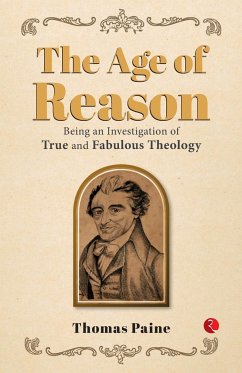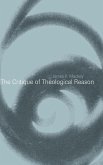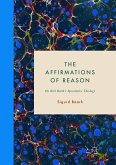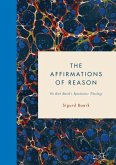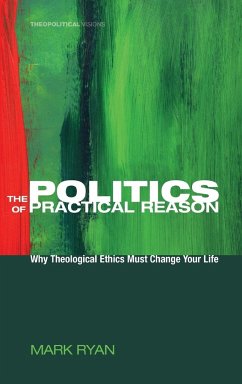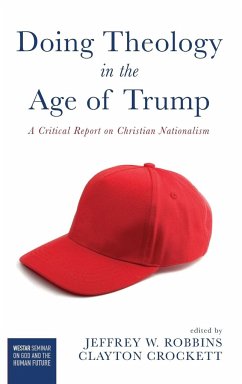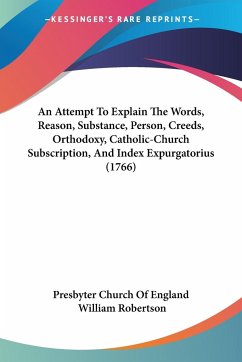Challenging the institutionalized religion and legitimacy of the Bible, The Age of Reason was Paine's years of study and reflection on the role of religion in society. His arguments had long been available to the educated elite, but by presenting them in an engaging and irreverent style, he made deism appealing and accessible to the masses. Originally distributed as unbound pamphlets, the book was cheap in order to put it within the reach of a large number of buyers. Fearing the spread of what were potentially revolutionary ideas, the British government prosecuted printers and booksellers who were associated with its publication and reach. However, even through that, The Age of Reason surpassed the boundaries of the religious agendas throughout the world at the dawn of the nineteenth century, and its resonance remains undiminished by time. In this influential and controversial work, Paine criticized organized religion as power hungry and corrupt and advocated for religious tolerance and freedom of thought. Accessible, clever, humorous and far ahead of its time, The Age of Reason continues to resonate with readers today.
Bitte wählen Sie Ihr Anliegen aus.
Rechnungen
Retourenschein anfordern
Bestellstatus
Storno

